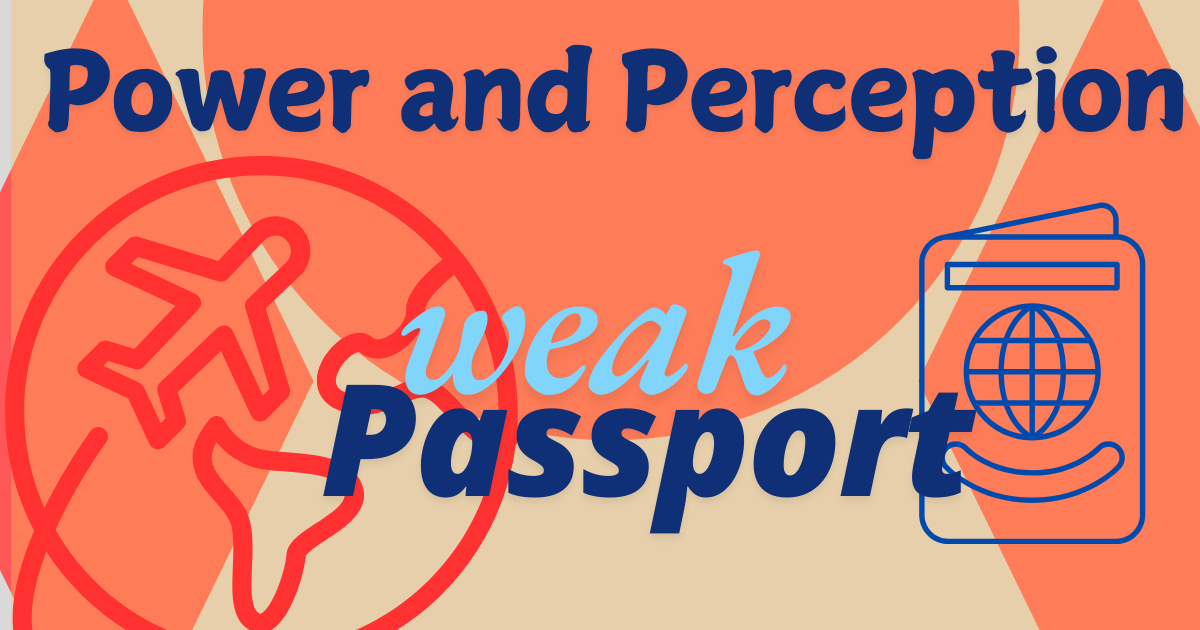It is often said that “A book cannot be judged by its cover.” However, this saying seems irrelevant to individuals from third-world and developing countries. Their passports are often judged solely by their covers, as these nations generally hold low rankings in global passport indexes. Consequently, citizens from such countries are required to apply for visas, often burdened with piles of documents, to prove that they are financially capable of traveling to developed nations.
It is undeniable that developing countries have their share of millionaires, billionaires, and middle-to-high-income families who can easily afford international travel. Yet, even when granted visas to so-called developed countries, they frequently face further scrutiny upon arrival. Immigration officers subject them to a barrage of questions, which many perceive as unnecessary harassment. While some view this as unwarranted discrimination, others argue it reflects the toxic and biased perceptions harbored by developed nations toward the developing world.
On the one hand, the process to apply visa is expensive for developing countries; from booking appointments, visa fees and service fee, and cost related to prepare exhaustive documentations. On the other hand, citizens of developed countries enjoy privilege such as visa-free or visa-on-arrival access to various countries. The disparity in how passports are valued globally is not merely an administrative issue—it reflects a deeper socioeconomic inequality. Passports from countries with higher rankings, such as North America or Europe, serve as a gateway to opportunity, while those from lower-ranked countries are seen as a barrier to entry. This unfairness reinforces stereotypes, further downgrading individuals based solely on their nationality rather than their qualifications or intentions.
However, security and immigration control are important, but the psychological toll of such treatment should not be underestimated. Many travelers from developing countries feel humiliated or stereotyped, even when they have the financial means and legitimate reasons for travel. This imbalance raises questions about fairness and whether international policies should focus more on the individual rather than the collective reputation of their home country.
www.alldayposts.com
